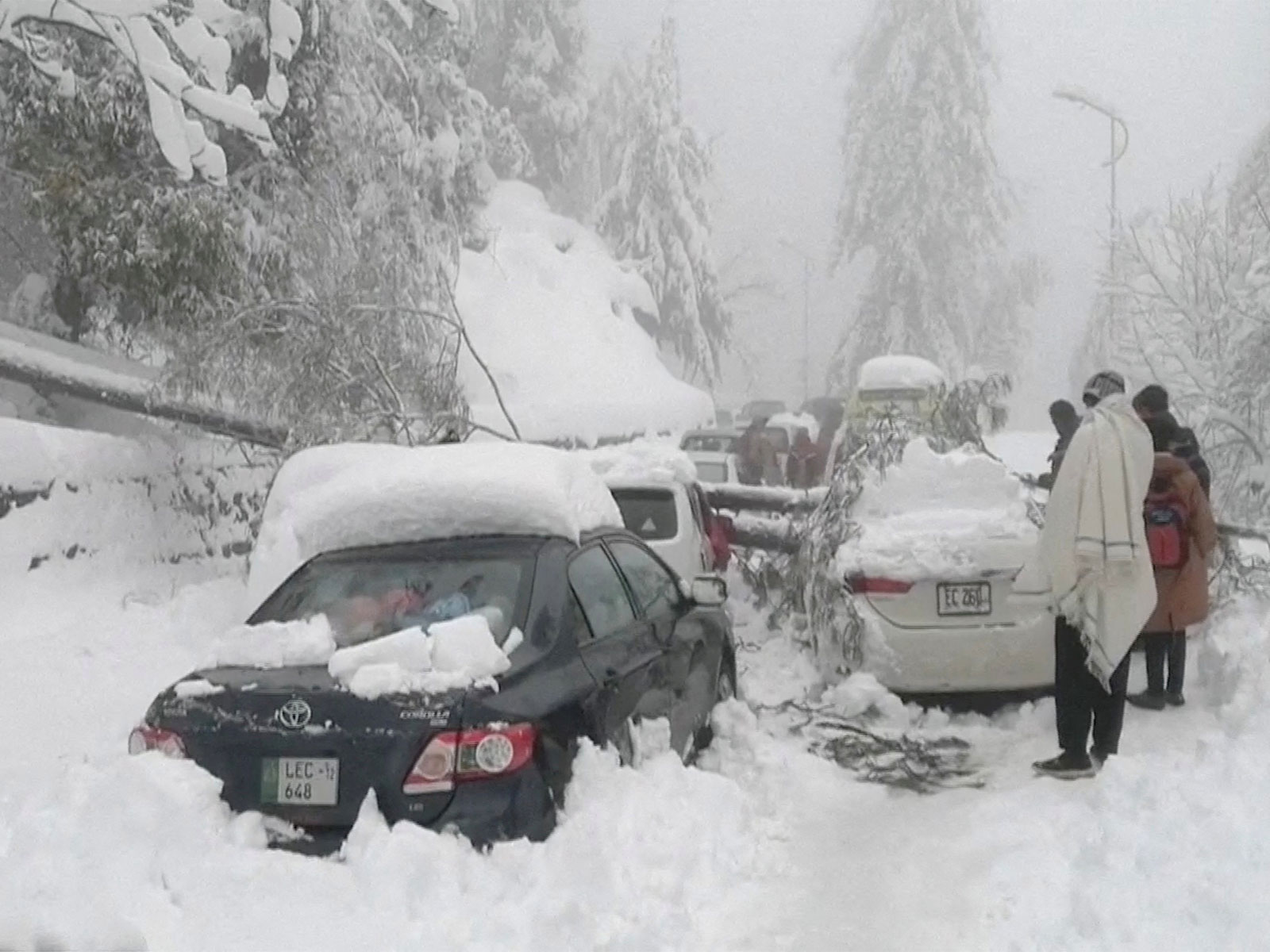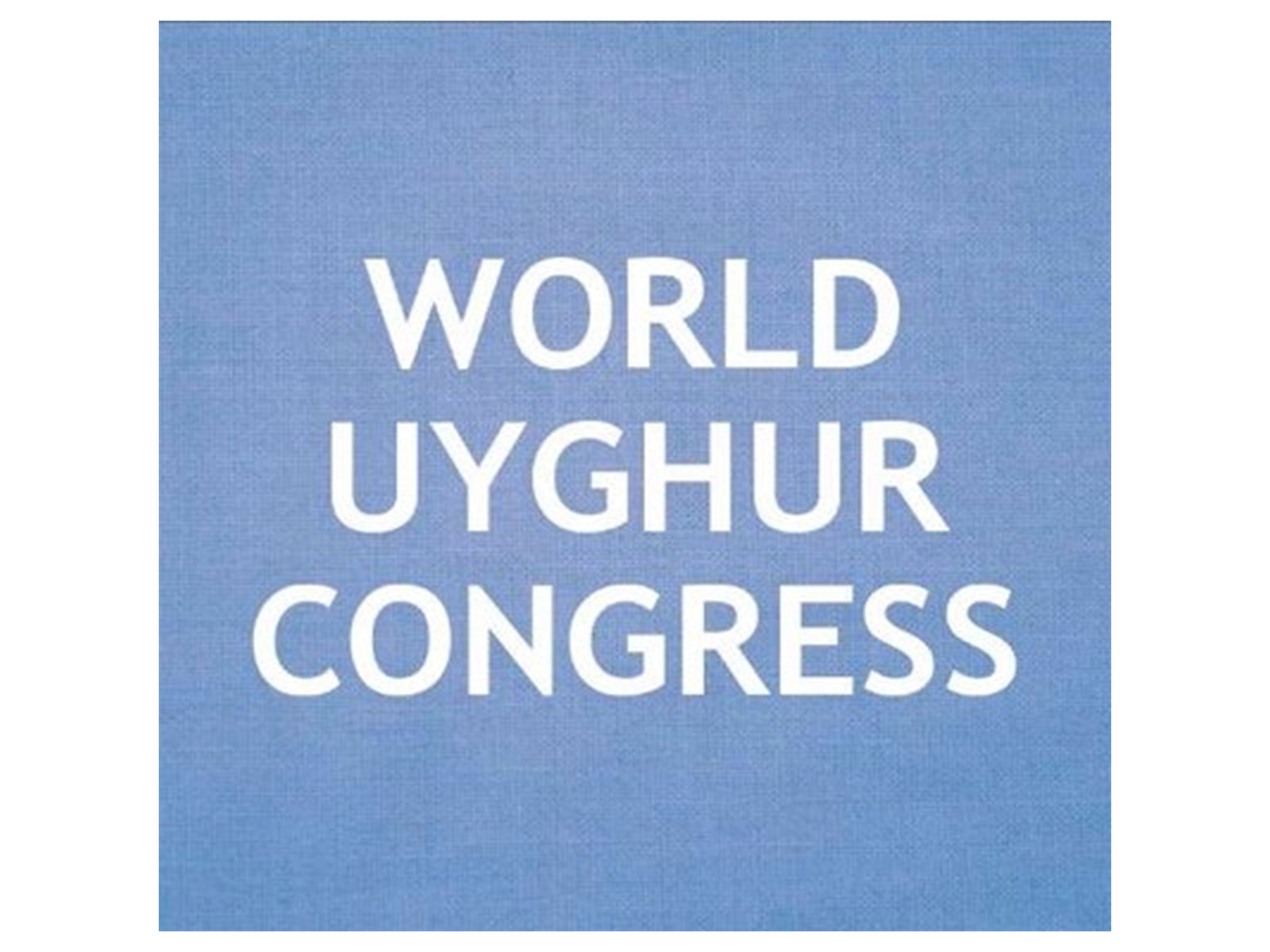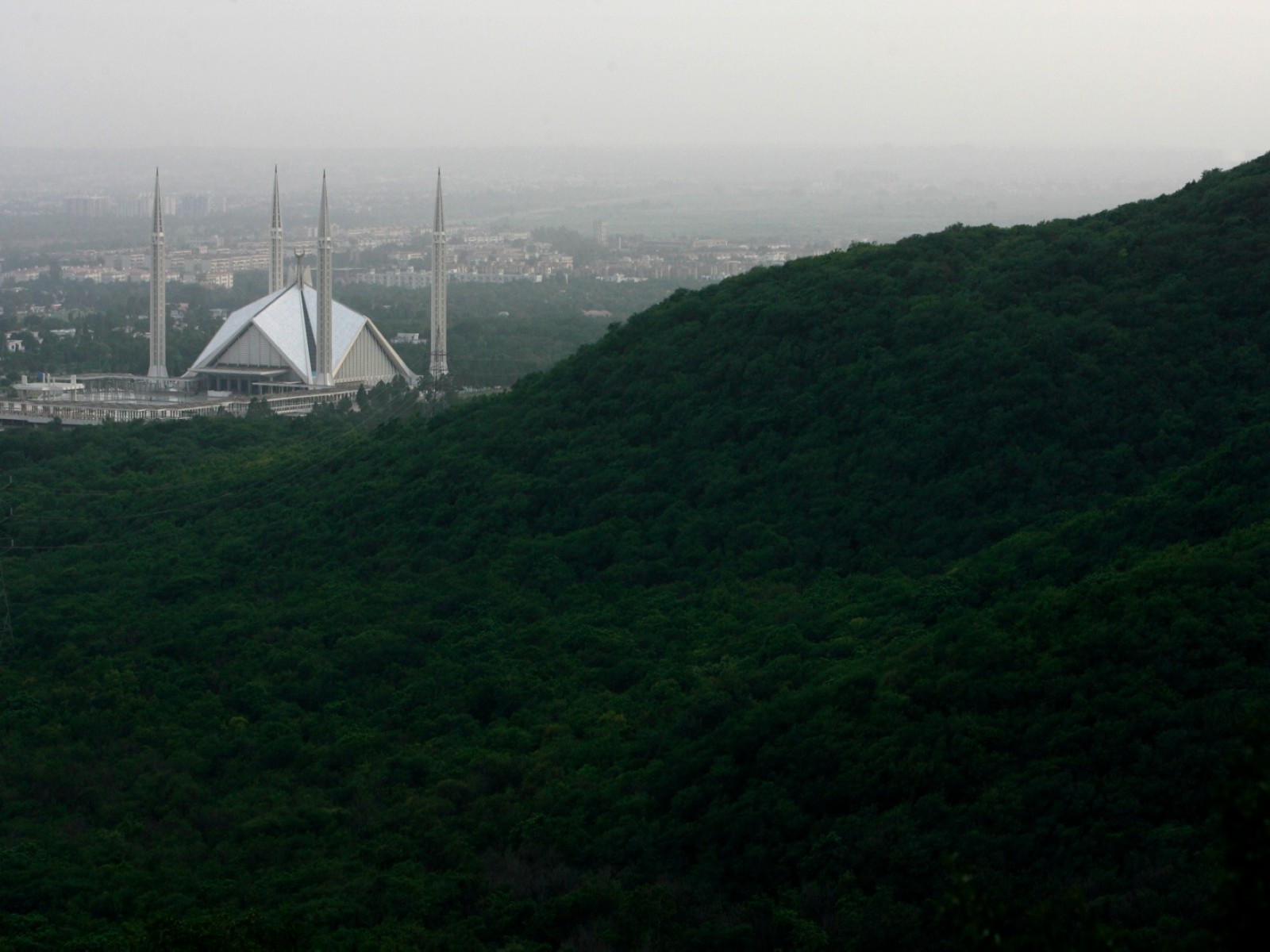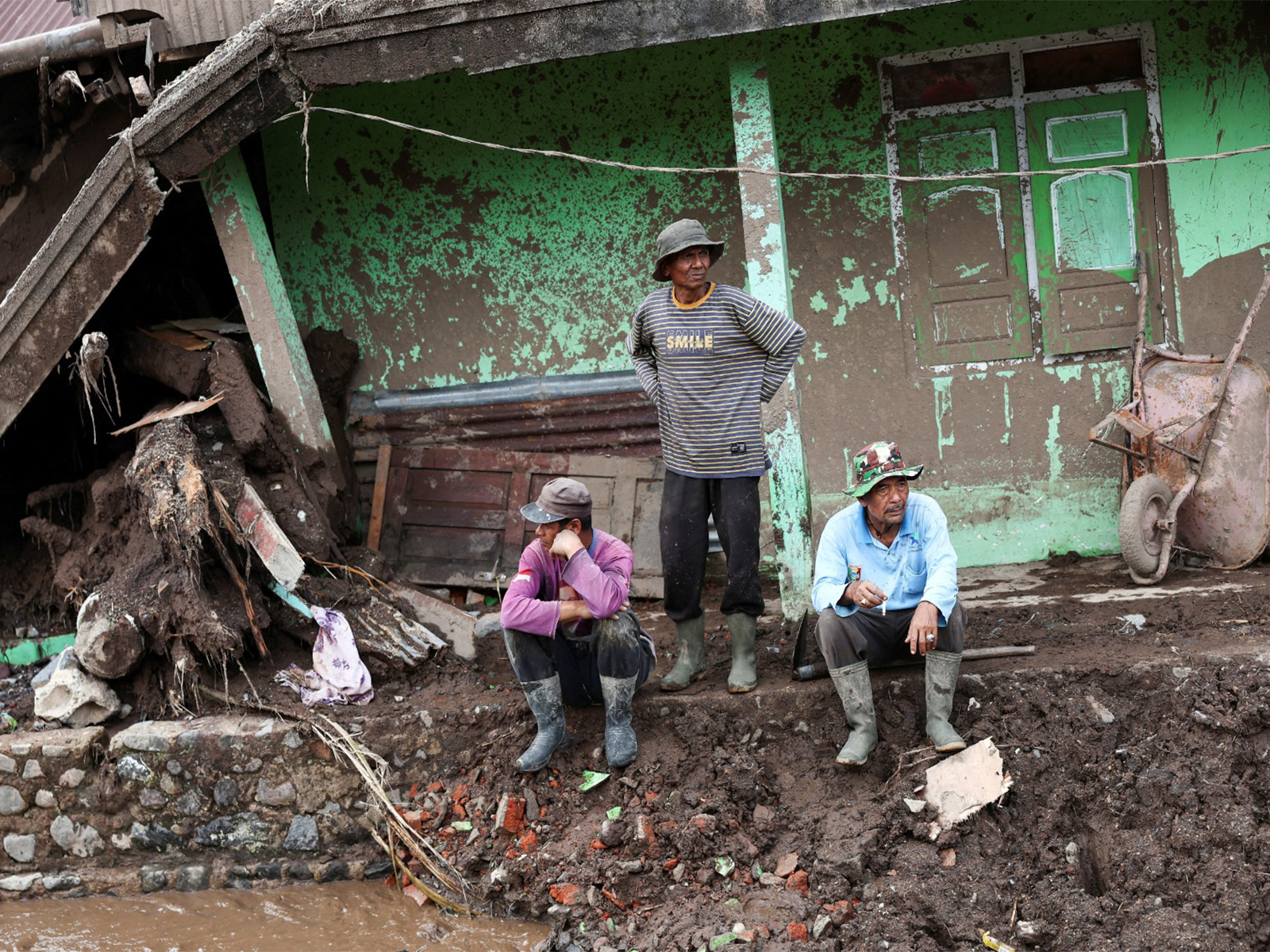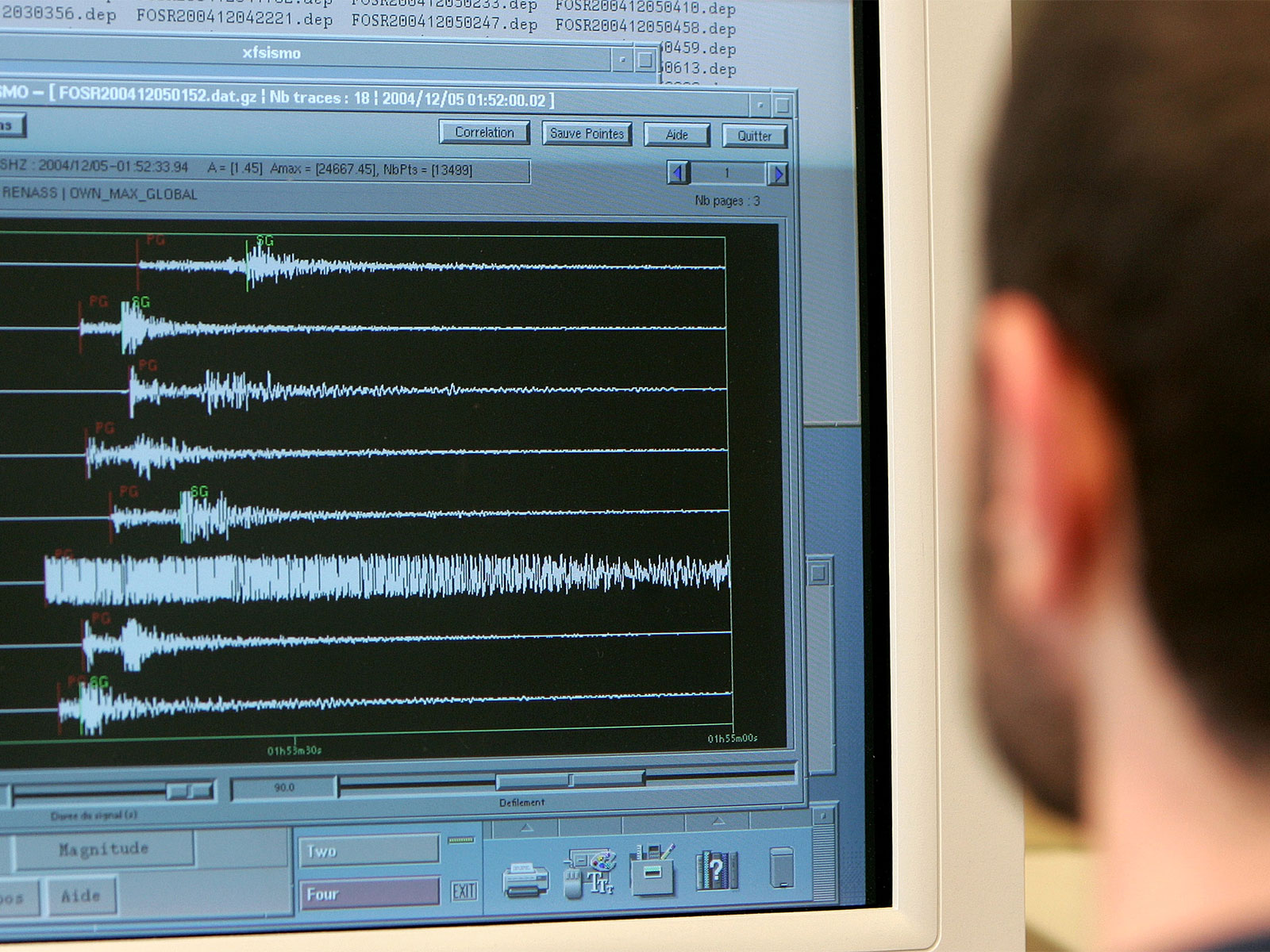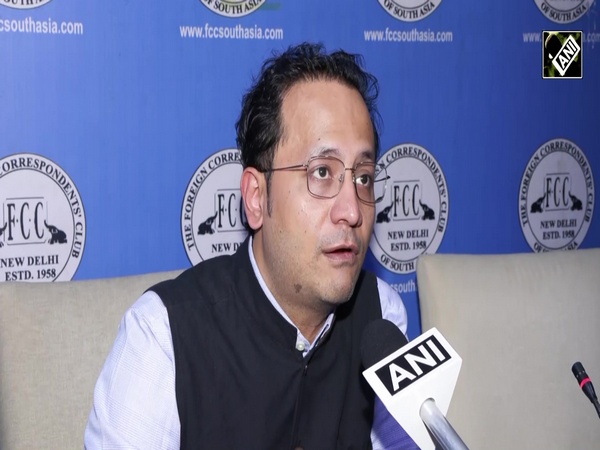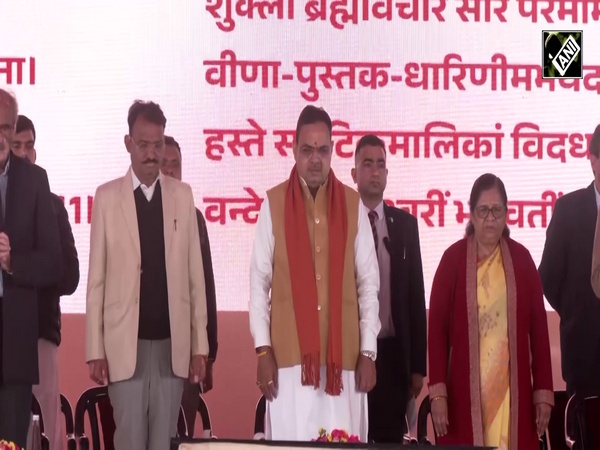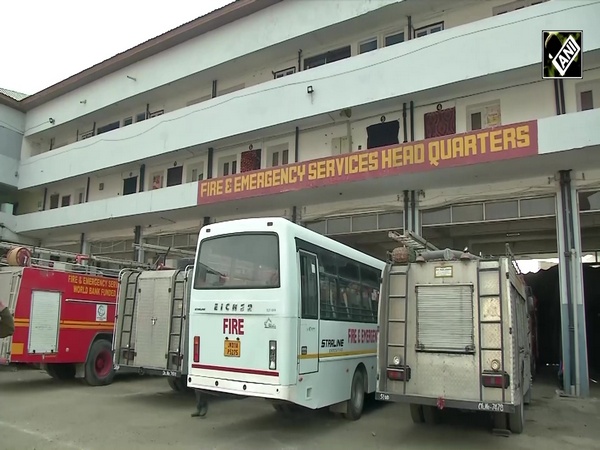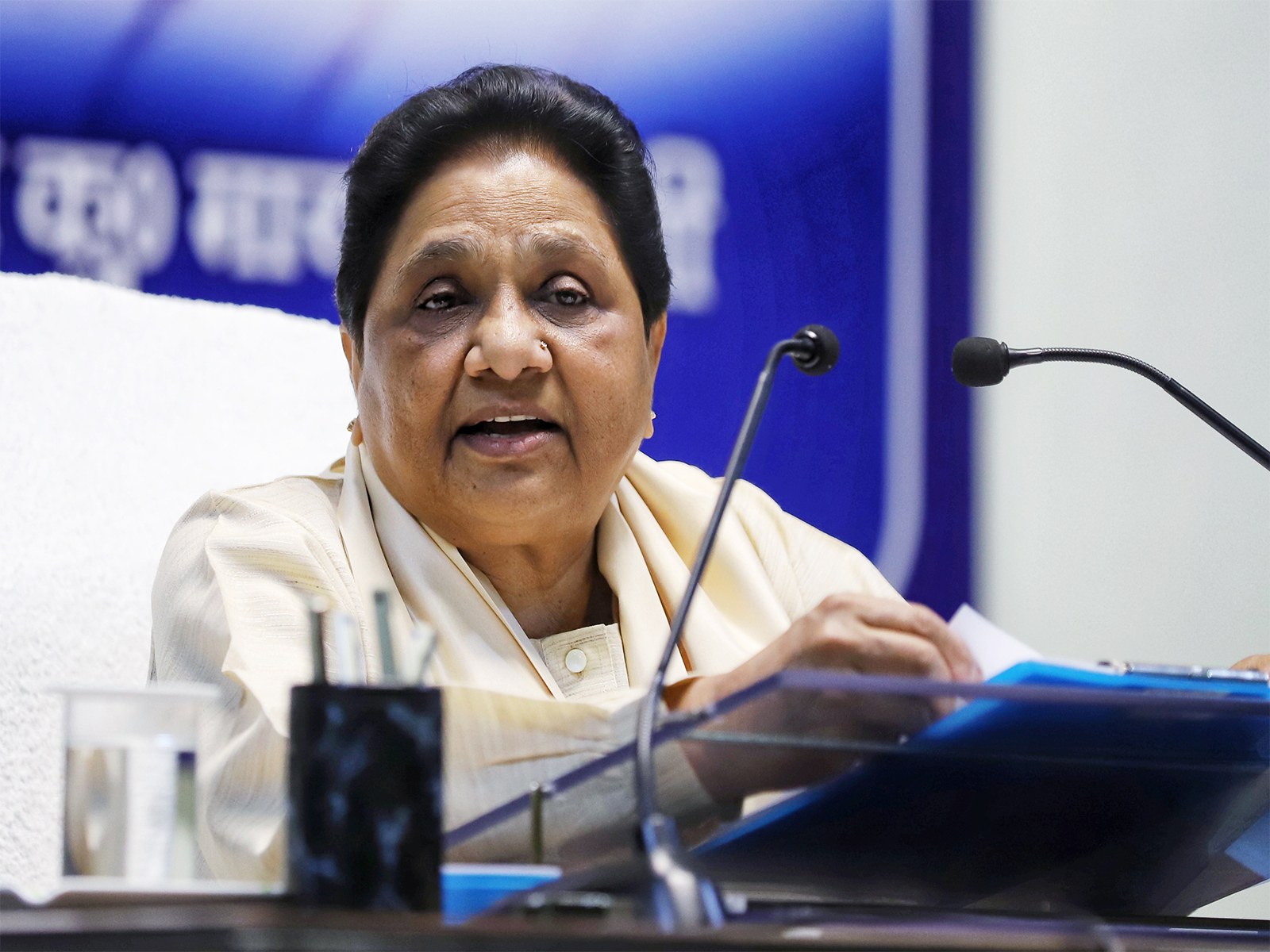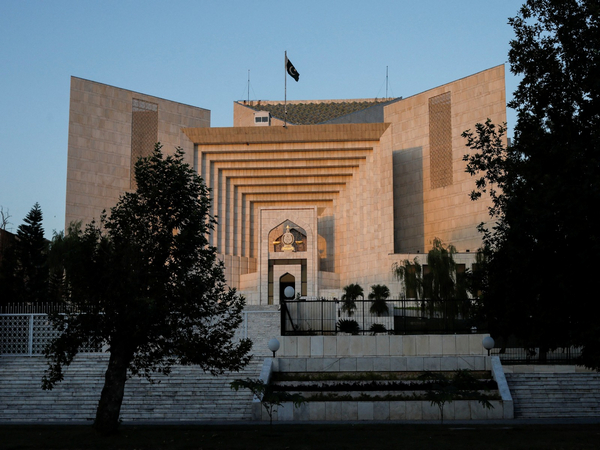
Pakistan's justice system in tatters as Supreme Court admits massive backlog
Aug 16, 2025
Islamabad [Pakistan], August 16 : Pakistan's Supreme Court on Friday voiced strong concern over persistent delays in the judicial process at all levels, Dawn reported. The apex court cautioned that such delays erode public trust, weaken the rule of law, and inflict disproportionate hardship on the poor and vulnerable, who cannot afford prolonged litigation.
"Delay in adjudication carries severe macroeconomic and societal consequences: it deters investment, renders contracts illusory, and weakens the institutional legitimacy of the judiciary," Justice Syed Mansoor Ali Shah was quoted as saying by Dawn.
According to Dawn, Justice Syed Mansoor Ali Shah pointed out that more than 2.2 million cases are pending in courts across Pakistan, including nearly 55,941 before the Supreme Court, even though the number of judges has risen to 24. He emphasised that these figures are not just statistics but represent real disputes left unresolved. As quoted by Dawn, Justice Shah noted that judicial delays stem not only from overcrowded dockets or inefficiencies at lower levels but from a deeper, structural problem within judicial governance.
A recent in-depth report by Dawn has revealed that Karachi's courts are in a dilapidated condition, making them unsuitable for fair and efficient legal proceedings.
The report particularly underscored the absence of basic hygiene and sanitation. Court premises are persistently dirty, with walls stained by paan, stagnant water collecting on floors, and trash littering public spaces. The section reserved for under-trial prisoners is described as overcrowded and unhygienic, raising grave concerns regarding health, dignity, and fundamental rights.
According to Dawn, these deteriorating conditions point not only to administrative negligence but also to the erosion of the state's pledge of justice. Dawn also reported that Pakistan's lower judiciary is facing a deeper institutional crisis rooted in a lack of investment in judicial capacity and culture.
According to the publication, judicial officers receive little to no substantive training, particularly when it comes to handling complex procedural matters or adapting to new categories of legal relief.
